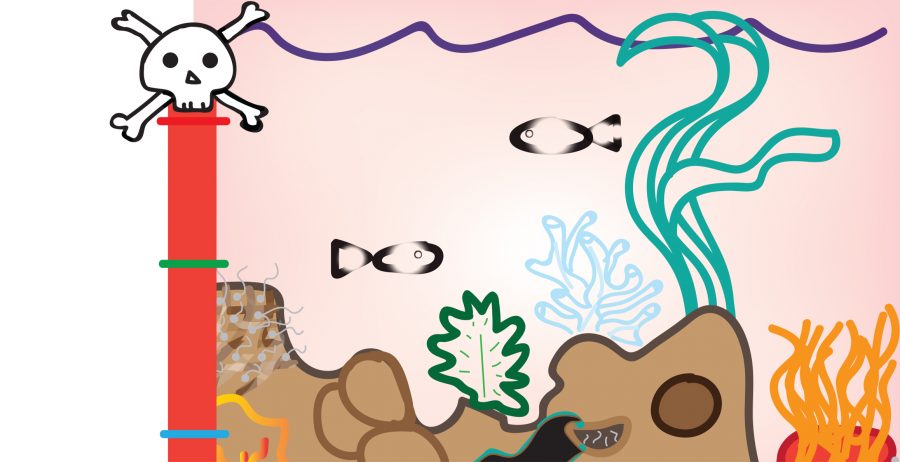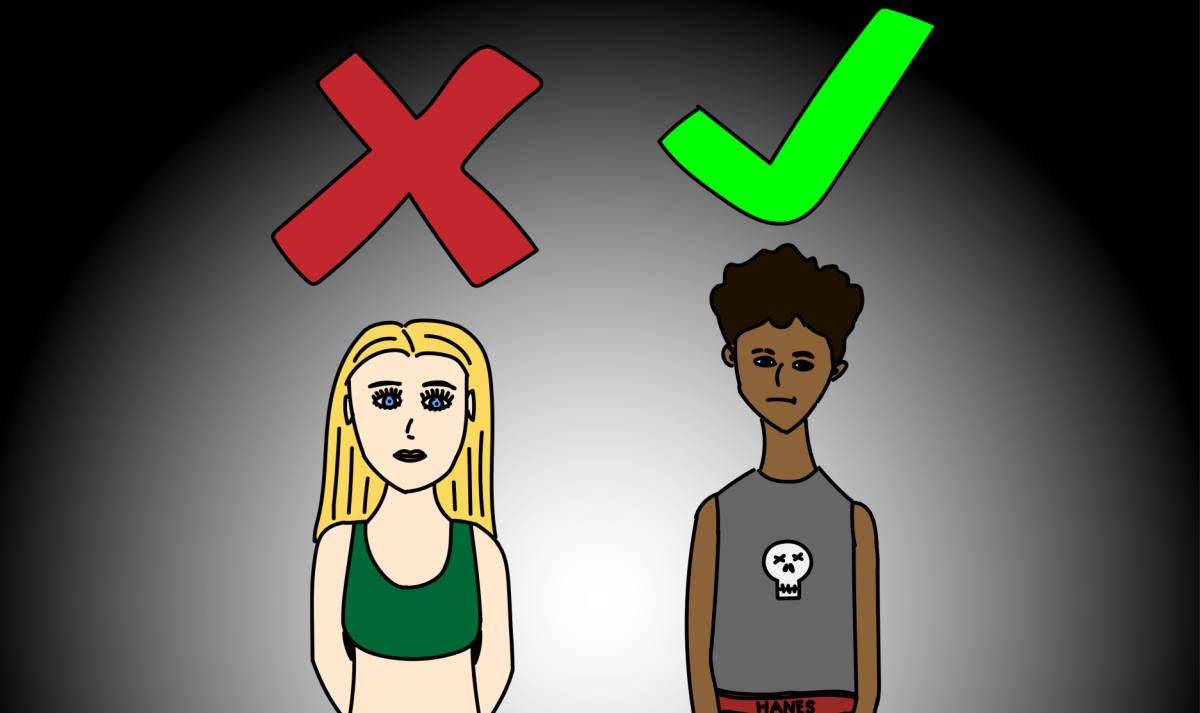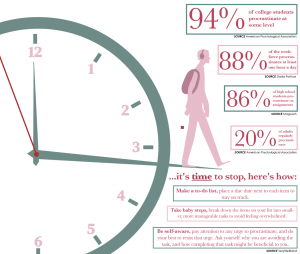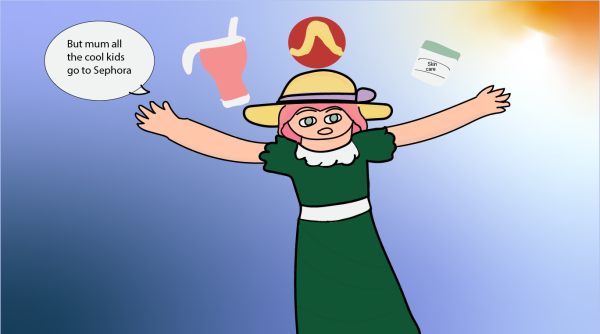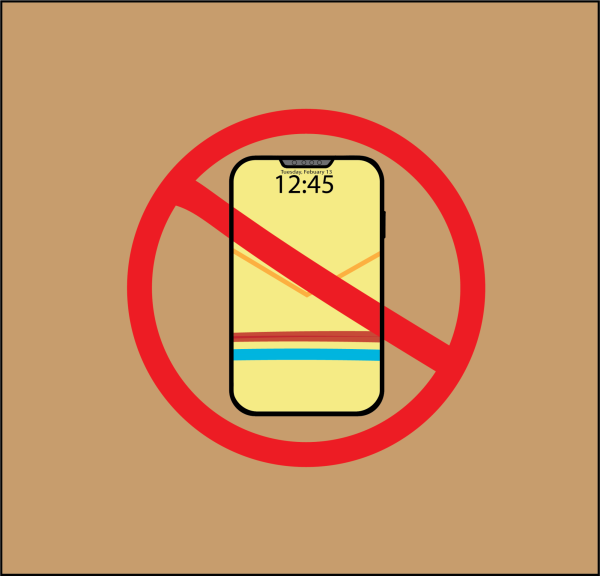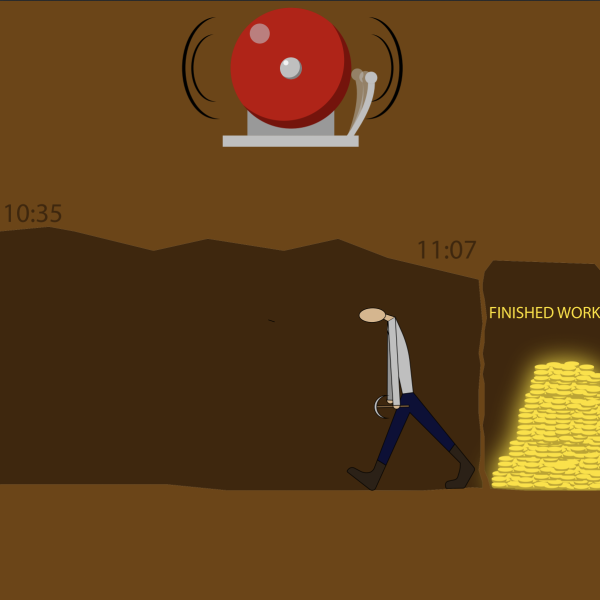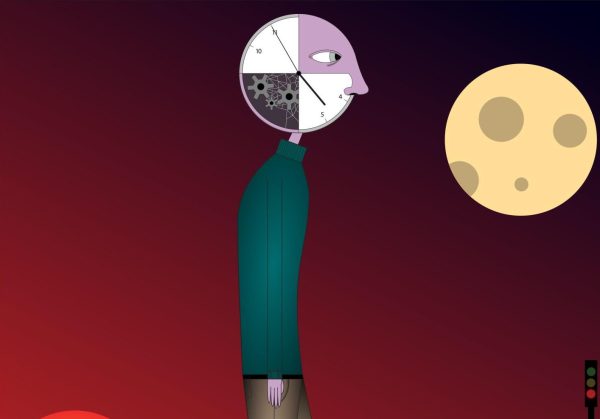Dying coral reefs could be a bigger issue than expected
January 28, 2017
The Great Barrier Reef has always been an image that perfectly embodies how fascinating and complex Earth and its biodiversity can be.
Until recently, this image has been shattered by Outside Magazine’s “obituary” for the Great Barrier Reef. This shocked and scared social media and scientists. But is it really dead like everybody thinks?
The author for the impactful article was a writer not a scientist which makes it a little hard to believe. It would be easier to believe if it were their own studies rather than an analysis of someone else’s where the meaning can be misunderstood.
Many scientists argue that it is in fact, not dead but in serious danger. This should still act as a wake up call as the world’s largest coral reef system is dying.Even though it may not be gone like we thought, we still need to not only conserve but make large steps to save this valued ecosystem.
As humans, it is our responsibility to preserve the world because if we continue our habits, this planet will not be able to handle it for much longer.
Some people blame tourism for this natural suffering. However, this is far from true because this industry actually promotes the idea of conserving it and are trained to support it. Much of the harm is done by global warming and the pollution created by humans.
Climate change causes a serious issue called coral bleaching. Because coral reefs are extremely sensitive, they have greatly fluctuated because of warmer temperatures from global warming. When the temperatures stay high for an extended amount of time, the zooxanthellae they rely on for their food leaves their tissue. Without this, coral loses their color and turn white which gives it the name coral bleaching.
This can be disastrous because this means these coral reefs are unhealthy. This means they are weaker and cannot combat disease as well.
Another issue is ocean acidification. The ocean absorbs the carbon dioxide from the atmosphere but high levels of carbon in the ocean causes it to be acidic. This causes coral reefs to not be able to absorb calcium carbonate which is responsible for maintaining their skeleton. If their skeleton does not properly function, it eventually dissolves away.
These are not just things that could eventually happen because have already happened and they won’t stop until we decide to change something. It is too late to prevent ocean acidification and coral bleaching but we can definitely slow the process.
It is important we protect the Great Barrier Reef because it provides great amount of biodiversity and assists in the economy by providing fish for fishing. It also supports local businesses through tourism. We need to act soon to save the natural wonder.
